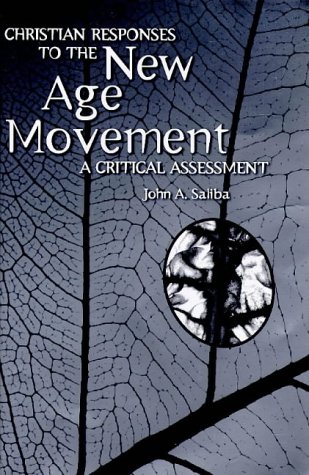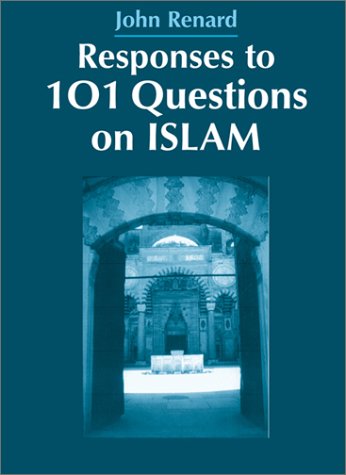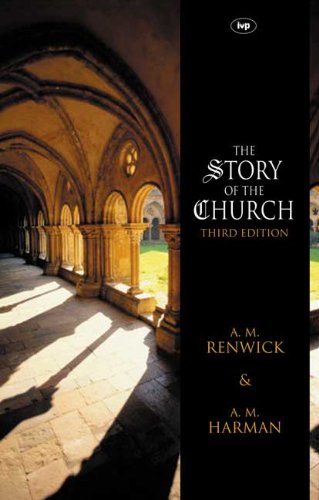The Vitality of Worship: A Commentary on the Book of Psalms
Written by Robert Davidson Reviewed By Christopher HaywardThis commentary focuses on ‘the place the Psalms had in the worship of ancient Israel, and … the place they can and ought to have in our understanding of worship today’ (ix). A brief Introduction discusses the Psalms in liturgy and religious experience; the history of Psalms study (Gunkel, Mowinckel etc); the nature of poetry, which can open up ‘new meaning in new contexts’ (6); and the collection as a whole. At the end of the volume a reasonably full bibliography lists all the significant commentaries and major studies by Kraus, Westermann, Brueggemann, Miller, Seybold etc, but omits the important contributions of Wilson and McCann.
In between come 470 pages of comment on the 150 psalms, in which the claim of the book to ‘appeal as much to general readers and worship leaders as to scholars, students, and pastors’ (back cover) is amply fulfilled. Here is no technical, esoteric obscurantism: interaction with other scholars is minimal (Calvin is most often cited, generally with approval); there are no footnotes or bibliographical references; only key Hebrew terms are given (in transliteration); and bold figures indicate the verses being commented upon (though with slight inconsistency). Virtually every page is littered with cross-references to other psalms and OT literature, and NT allusions are discussed once the OT context has been explored—‘the coinage of the Old Testament can be reminted with the image of Christ stamped upon it’ (135). Davidson reflects on contemporary liturgical practice, and offers application along individual and community lines. The author’s style is sometimes, refreshingly, ‘preachy’ (e.g. end of p. 47), and there are even some homiletical-style illustrations (e.g. p. 25).
Though based on the Hebrew and other ancient texts, the commentary cites the NRSV, and there is extensive interaction with the REB. Difficulties of translation and interpretation are carefully considered, and Davidson is cautious about emending the Hebrew text, often preferring a theological solution. Various critical ‘old chestnuts’ are approached with common sense. Thus the element of lament in the context of praise reflects the ‘polarity of faith and doubt, confidence and questioning’ (41), and the ‘oracle of salvation’ is an unnecessary speculation, since ‘worship [i.e. corporate cultic activity] can meet the needs—of those who come together to share their lives with God’ (32). Particularly useful in recognising the unity of certain psalms is Davidson’s observation that ‘worship provided a congenial setting for wisdom teaching in ancient Israel’ (122).
I am not sure about Davidson’s approach to the imprecatory passages. He does not believe the Bible has ‘one seamless theology’ (28), and thinks some passages merit the rebuke Jesus gave to James and John when they called down fire on a Samaritan village (100). There are other weaknesses in this book. Davidson criticises those who ‘take a particular [presumably inerrantist] view of the Bible’ (106), accepts uncritically a liberal reading of Chronicles (141), and misuses the opening of 1 John (314). Alleged similarities between Psalms 1 and 41 are flimsy (138). Thematic and biblical indexes would have been valuable. Most disappointing is his approval of the suggestion that ‘God doesn’t do theology’ (148)—surely the fascination of the Psalms is precisely that they are not only words to God but also words from God.
But these criticisms detract only slightly from a commentary which, though neither as comprehensive as Craigie/Tate/Allen (Word), nor as incisive as Kidner (Tyndale), is nonetheless a very useful contribution.
Christopher Hayward
Oak Hill Theological College







